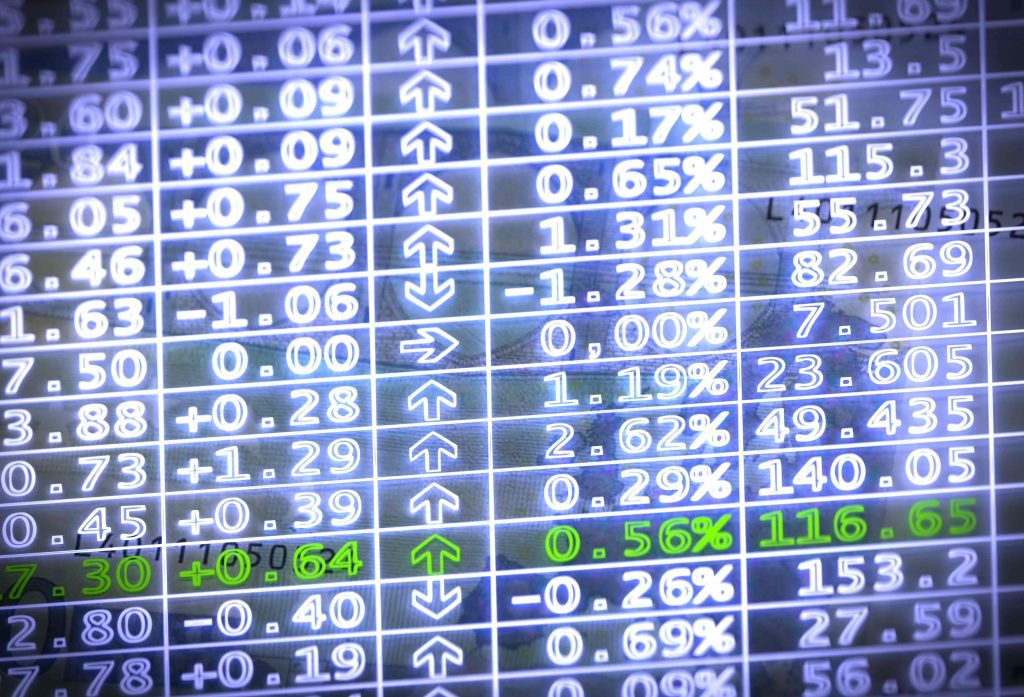If you are interested in Forex trading, you may have heard the term CFDs being thrown around. CFDs, or Contracts for Difference, are a popular financial instrument used in Forex trading. Essentially, CFD can be on any instrument, however, it's mostly used on Futures (Stocks, Forex, Commodities and Indices) the CFD comes with the benefit of added leverage.
The leverage would normally range from anything from 1:1 to 1:500, or in the case of Indices, the margin requirement would be roughly between 1% to 2%. This means that you’ll either have a 1:100 leverage or a 1:50 leverage.
In this article, we will explore the ins and outs of CFDs in Forex, including how they work, their benefits, and some potential drawbacks to be aware of. Whether you're a seasoned trader or new to the world of Forex, this guide will provide you with a comprehensive understanding of CFDs and how they can be used in your trading strategy.
What Are The Costs of CFD Trading
Spread: The spread is the difference between the buy and sell price of an asset. CFD brokers make money by charging a spread on the trades they execute for their clients. The spread can vary depending on the asset being traded and the broker.
Overnight fees: If a CFD position is for overnight, traders may receive an overnight fee. This fee is essentially the cost of borrowing the money needed to keep the position open. Overnight fees can vary depending on the broker and the asset.
Commission: Some CFD brokers charge a commission on each trade. This is usually a percentage of the total trade value or a fee based on the lot size that you’re trading.
Inactivity fees: Some brokers may charge inactivity fees if a trader does not make any trades over a certain period of time.
Market data fees: Some brokers may charge fees for accessing real-time market data. This is particularly relevant for traders who use advanced charting tools and require up-to-date market information.
What's the benefit of trading a CFD
It is similar to trading a real asset, with the added benefit of having access to leverage. The higher the leverage is the more beneficial it is to smaller accounts. Let’s do an example to explain:
When you have the leverage of 1:500 on Forex, for every $1 that you have there is an additional backing of $500 for you to buy an asset. Let’s say EURUSD is trading at 1.0000
The standard contract size is 100 000 units on forex, so every future contract will cost you $100 000 to purchase. However, if you’re trading the CFD with a leverage of 1:500 you’ll be paying $200 for a lot to trade which would be a sum that will be in your trading account for margin requirements.
The price of the margin requirement will change with the price of the asset, meaning if the price goes up, the margin requirement will go up, if the price goes down margin requirement will also go down.
Also Read: What Is Forex Trading
What is the downside of trading CFDs
The downside to always consider is overexposing yourself in comparison to the lot size that you’re trading and the size of your account.
If the previous example holds true, you will at least need $200 in your account to trade a standard lot size, or else your order won’t be successful. But that will not be enough to sustain much of a drawdown in your trade.
However, if you trade a smaller lot size for example 0.1 which will be equal to 10 000 units traded your margin requirement will be $20 which would give you more room for drawdown. This is why trading the right size is so vitally important.
Final Thoughts on Trading CFDs
In conclusion, CFDs are a popular financial instrument in Forex trading that allows traders to speculate on the price movements of underlying assets without actually owning them.

They provide traders with a range of benefits, including the ability to trade on margin, access to a wide range of markets, and the ability to profit from both rising and falling markets. However, it's important to be aware of the costs that are in CFD trading, including spreads, overnight fees, commissions, inactivity fees, and market data fees.
As with any form of trading, it's important to conduct thorough research and develop a sound trading strategy before getting you get on with CFDs in Forex. With the right approach, CFDs can be a powerful tool for traders looking to diversify their portfolios and maximize their profits. Looking for more insights? Subscribe to our YouTube channel today.
